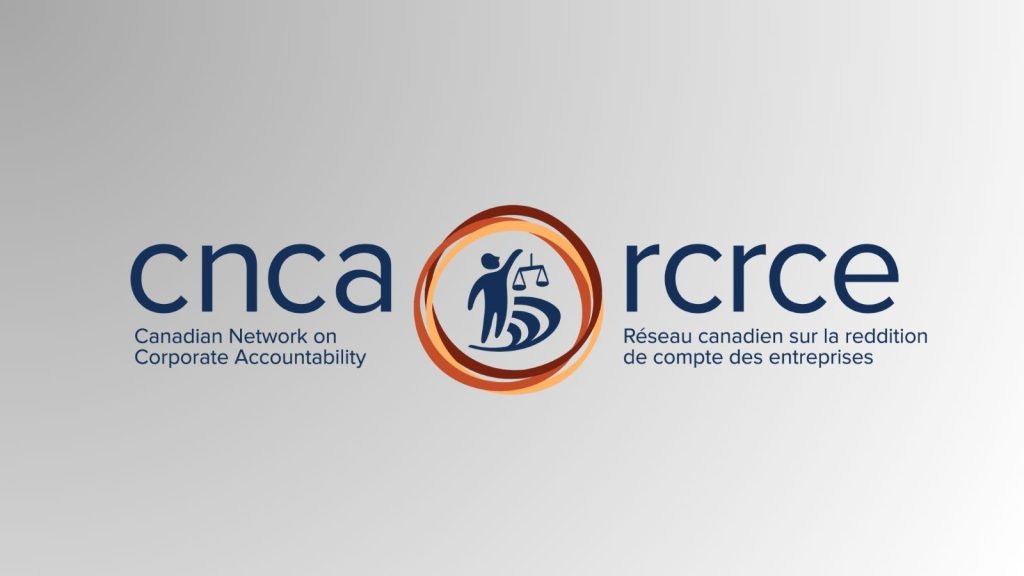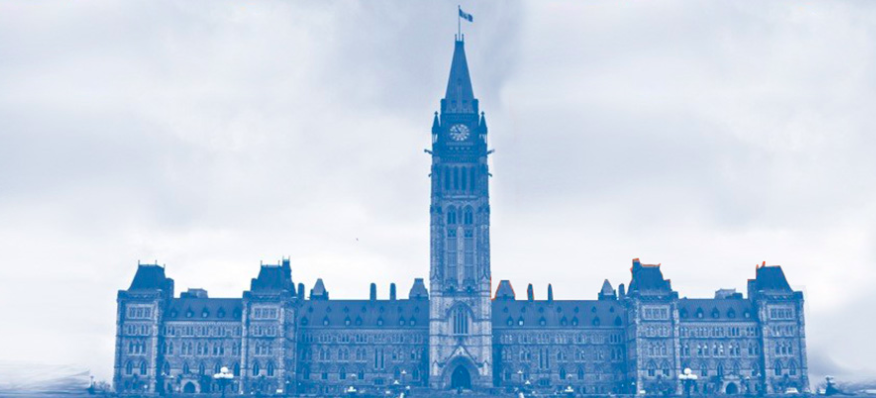Published 4 March 2021 in The Hill Times by CNCA Policy Director Emily Dwyer
While Canada is mired in inaction, other advanced economies are stepping up. Europe is in the process of establishing mandatory human rights legislation on due diligence.
The Government of Canada’s record on human rights and the mining sector is, at best, a pattern of inaction and, at worse, acquiescence to mining industry demands.
Three years ago, the federal government announced it would create the world’s first-ever ombudsperson for business and human rights and committed to giving the ombudsperson the powers needed to do its job. Canada, it appeared, was on track to become a world leader in human rights.
The creation of an ombudsperson position was much needed and long overdue. Canadian mining companies operating overseas have been associated with widespread human rights abuses, including allegations of forced labour, rape, and murder. Canada, in particular, needed to act given its global mining sector dominance and on-going government support to the industry.
But instead of investing the Canadian Ombudsperson for Responsible Enterprise (CORE) with the powers needed to do its job, the government dragged its feet and chose to commission a legal review—the McIsaac Report—to examine how to give the ombudsperson the powers it had promised.
Effectively, the government created a powerless position—an ombudsperson in name only. Without powers to order the production of documents and compel witness testimony under oath, CORE is an ineffective position similar to the other toothless mechanisms that came before it.
And what of that legal review? The Government of Canada appears to be ignoring and concealing its own expert legal advice. The government has had the McIsaac Report for over a year and a half, and has failed to act on the report’s findings or even make the report public.
A copy of the report, however, was recently leaked. On the “how” to invest the CORE with powers, the McIsaac report concludes that CORE can be granted powers to do its job through either the Inquiries Act or standalone legislation. The report also clearly states that, without these powers, CORE’s “effectiveness may be compromised.” That’s because “its effectiveness will be dependent on the cooperation of the complainant and the entity being investigated.”
To put it simply: without powers to investigate, all we are left with is the hope that mining companies will voluntarily do the right thing. Voluntary measures, however, to hold powerful corporations to account for their actions do not work. Canadian companies working in countries from the Philippines to Guatemala have been linked to allegations of permanent land and water contamination, demolition of houses, and gang rape, sometimes used as a tactic to forcibly relocate people to make room for mining company operations. By failing to act on its own legal advice, the federal government has caved to industry pressure and is allowing egregious mining industry practices to continue unchecked.
In early 2021, CORE is expected to, finally, open its doors to receive complaints. The government must invest CORE with powers to investigate human rights violations. Otherwise, individuals and communities harmed by Canadian companies will continue to have nowhere to turn for help and Canada may be complicit in corporate abuse.
By failing to live up to its own human rights commitments and by refusing to act on its own legal advice to give CORE real powers, Canada is demonstrating it is not the global leader on human rights that it claims to be. While Canada is mired in inaction, other advanced economies are stepping up. Europe is in the process of establishing mandatory, human rights legislation on due diligence that would require companies to identify, prevent, mitigate, and remedy human rights risks throughout their global operations and supply chains.
When confronted with a clear choice—be a leader in business and human rights or acquiesce to mining industry demands—Canada made the wrong decision. To ensure that human rights abuses are effectively addressed, and to prevent Canada from lagging further behind on human rights, the Canadian Ombudsperson for Responsible Enterprise must be invested with the powers it needs to do its job.




